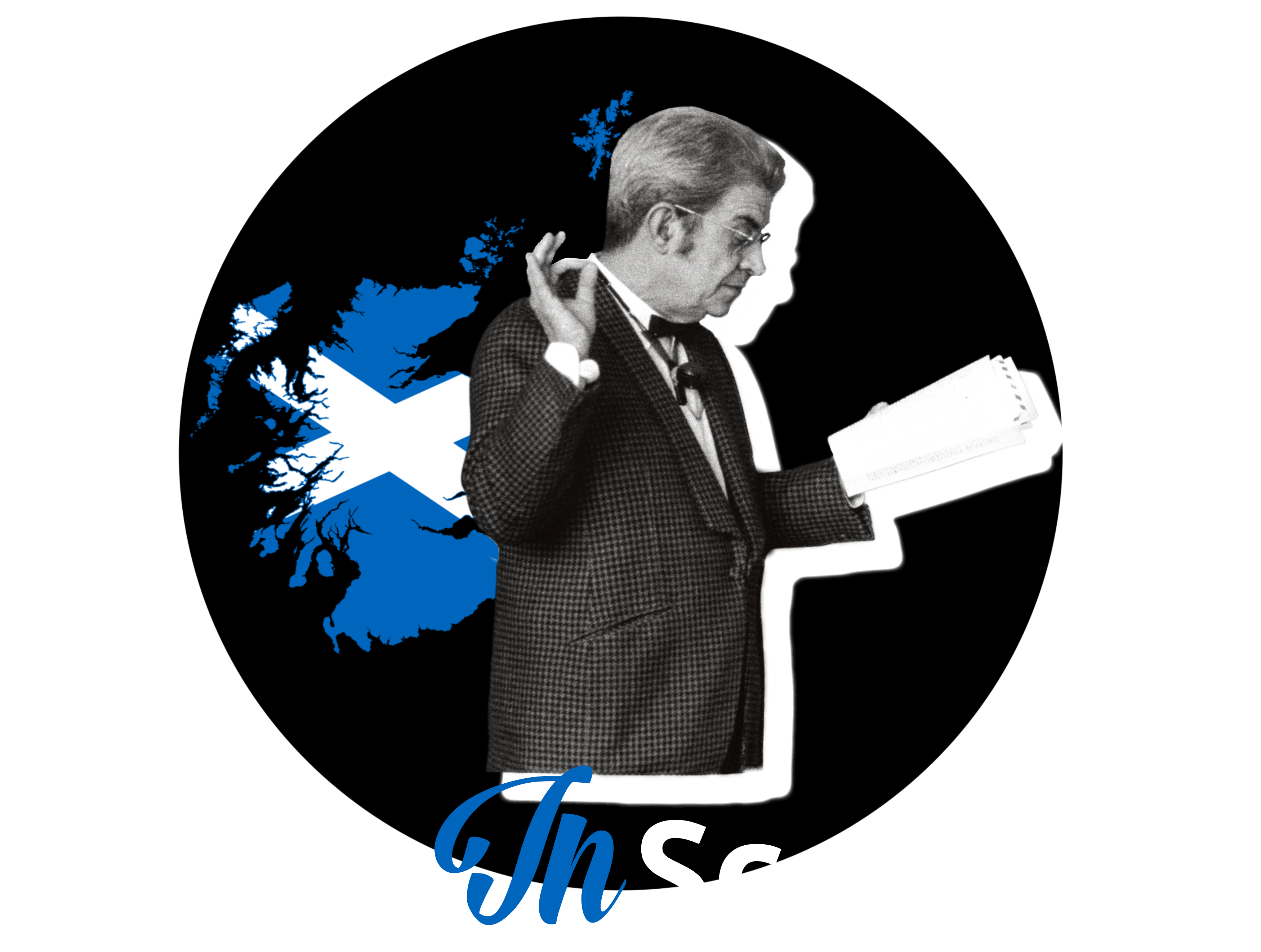Join us for an online seminar where Dan Collins analyses Lacan’s modified version of the famous Graph of Desire as presented in Seminar 16.

Lacan’s Use of the Graph of Desire in Seminar 16
The process of studying Lacan often involves solving problems of reading that present themselves in his work. There are difficult passages to be understood, translation difficulties to be overcome, obscure references to be tracked down, and apparent contradictions to be resolved. In this presentation, we’ll look at one such problem in reading Lacan. His use of the famous Graph of Desire in Seminar 16 is markedly different from his previous uses of the graph. Why does Lacan do this? Does his new use of the graph represent a shift in his thinking? If so, from what, to what, and what does he gain by this shift? We’ll discover that his new use of the graph does indeed represent a theoretical advance, which he characteristically obscures by linking his new way of thinking to his earlier work. We’ll find by this example that one of the satisfactions of reading Lacan comes from reconciling the different positions that he takes through twenty-seven years of public teaching.
Dan Collins lives and works in Buffalo, NY, USA. He is the founding member of Affiliated Psychoanalytic Workgroups, an association that promotes clinical Lacanian psychoanalysis. For twelve years he was a member of Lacan Toronto where he gave an annual seminar. He is a guest member of the Toronto Psychoanalytic Society and an overseas member of APPI. He has published various translations of Lacan and Miller, and numerous articles on a variety of psychoanalytic subjects. He is the co-editor of a recent book Critical Essays on the Drive: Lacanian Theory and Practice (Routledge, 2024). He has a book on the way from Palgrave about Lacan’s teaching away from his Seminar.
The seminar will take place on Zoom on Thursday 28 November 2024 at 7pm-8:30pm* Greenwich Mean Time (GMT) London time.
*Please note that the seminars for the 2024-2025 academic year start one hour earlier than in previous years. Eventbrite will display the correct time for you.
The event is open to everyone and free with registration via Eventbrite. The Zoom link will be available for registrants on the ‘Online Event Page’ (found when accessing your ticket on Eventbrite) on the day of the seminar.


I can’t seem to register. Perhaps I’ve left it too late.